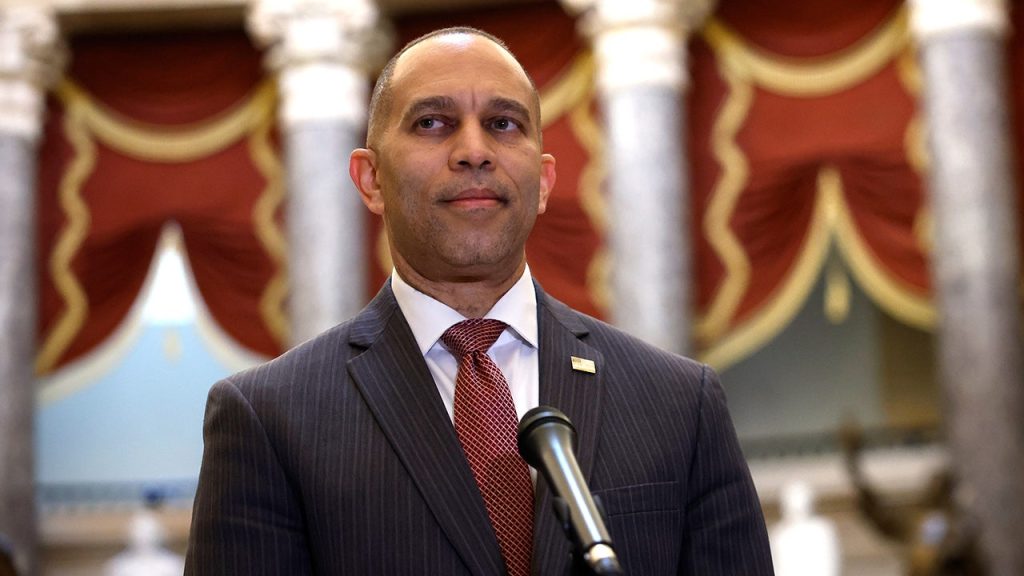A bill aimed at deporting illegal immigrants who assault police officers in the U.S. passed the House of Representatives with a 265 to 148 vote. This bill is one of several pieces of legislation introduced during national Police Week by House Republican leaders. The bill, named the Detain and Deport Illegal Aliens Who Assault Cops Act, was led by Rep. Jeff Van Drew and aims to remove undocumented migrants who attack law enforcement officers from the country. The bill requires that these individuals be detained by federal authorities until they can be deported and creates a new category for migrant inadmissibility specifically for those accused of assaulting police.
House Democrats were divided on this issue with 54 Democrats voting with the GOP in favor of the bill. Majority Whip Tom Emmer criticized House Democrats for choosing to protect violent illegal immigrants over law enforcement officers and described the Democratic Party as being anti-law enforcement. This legislation comes in response to several incidents of migrants attacking police officers, drawing national attention and increasing concerns about the ongoing migrant crisis at the southern border. In one incident, a group of migrants violently attacked two New York City police officers in Times Square, while in another, an undocumented immigrant was accused of killing a Washington State Patrol Trooper in a car crash on an interstate highway.
Rep. Van Drew emphasized that there is no reason for illegal immigrants who attack law enforcement officers to remain in the country as they show zero respect for the rule of law and institutions and are unlikely to be positive contributors to society. The bill is part of a larger push by House Republicans to address concerns related to immigration and law enforcement during Police Week. This legislation signifies a tough stance on immigrants who engage in violent behavior towards law enforcement officials and aims to strengthen security measures at the border to protect officers from potential harm.
The passing of this bill demonstrates the ongoing debate and division within Congress regarding immigration policy and the treatment of undocumented migrants in the United States. While Republicans view this bill as a necessary step to protect law enforcement officers and maintain the rule of law, Democrats are split on the issue, with some arguing that it unfairly targets immigrants and fails to address the root causes of violence against police. The bill’s supporters argue that deporting migrants who assault police is an important measure to ensure public safety and prevent further incidents of violence, particularly in light of recent high-profile attacks involving undocumented individuals.
The legislation introduced by Rep. Van Drew reflects a broader effort by House Republicans to address immigration issues and strengthen border security in response to recent incidents involving violent encounters between migrants and law enforcement officers. The bill’s passage has elicited strong reactions from both parties, with Republicans praising the bill for prioritizing the safety of police officers and Democrats expressing concerns about the potential impact on immigrant communities. As the debate over immigration policy continues to unfold in Congress, the implementation of this bill and its implications for law enforcement and immigration enforcement will be closely monitored by stakeholders on all sides of the issue.
Overall, the Detain and Deport Illegal Aliens Who Assault Cops Act represents a significant step towards addressing the challenges posed by illegal immigration and enhancing the safety of law enforcement officers in the United States. The bill’s passage underscores the deep divisions within Congress over immigration policy and reflects ongoing efforts to find a balance between enforcing immigration laws and protecting the rights of undocumented migrants. As lawmakers continue to grapple with these complex issues, the implications of this legislation on immigration policy and law enforcement will likely shape future debates and legislative actions in this area.


